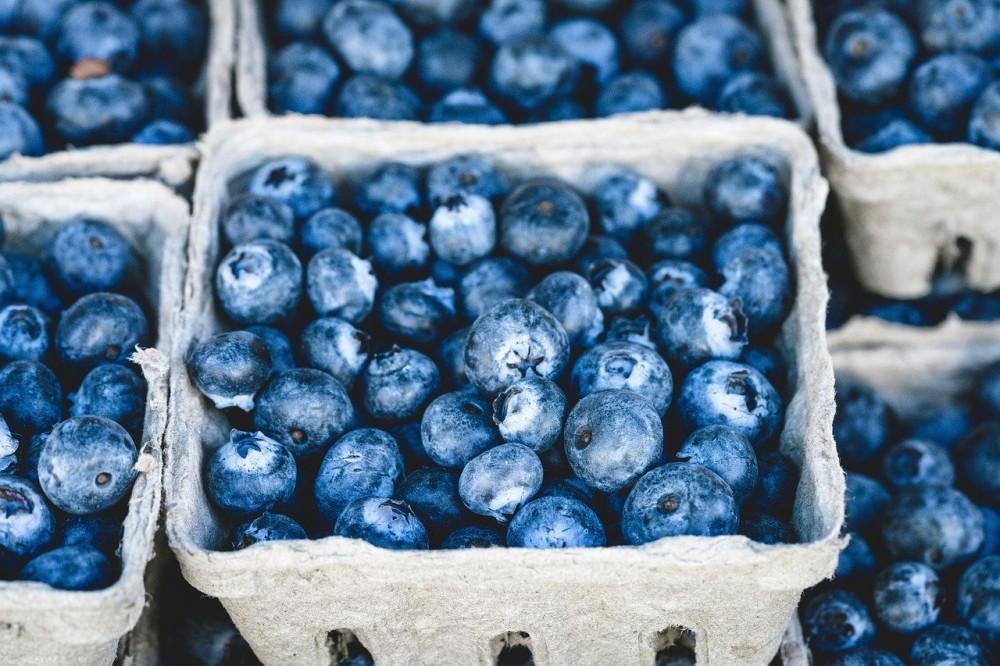Did you know that the human body contains trillions of microorganisms that outnumber human cells by 10 to 1? The majority of these microbes live in our digestive tract where they play an important role in digesting food, making vitamins, strengthening the immune system, and fighting germs. But, there are also bad types of bacteria that contribute to all kinds of diseases. Interestingly, you can control your gut bacteria by eating the right kind of foods.
Here are 7 science-based foods that improve gut bacteria.
1. Yogurt
Yogurt is rich in probiotics, otherwise known as ‘friendly’ bacteria. Make sure to find the sugar-free, full fat versions for a healthier diet. You can add fresh fruits to the yogurt to enhance the flavor. Yogurt naturally contains lots of bacteria that prove to be great for the gut, and is more useful than normal yogurt.
2. Miso
This mouthwatering paste is a staple of Japanese cooking and a great alternative to dairy. Miso is prepared from fermented soya beans, along with rice or barley, and contains all kinds of helpful bacteria for a healthy gut. Miso can be used as a delicious paste in soup, dressings, and in dips. Many foodies prefer to use it as a marinade for salmon and tofu. If you want to treat bowel disease, then make sure to include Miso in your diet.
3. Blueberries
Research shows that blueberries can dramatically improve gut bacteria. They are rich in prebiotics, which serves as a precursor to probiotics, contributing to healthy bacteria in the gut and colon. Furthermore, the potent anti-inflammatory properties found in blueberry can alter the gut bacteria, reduce inflammation.
4. Kimchi
Kimchi is made from fermented vegetables and combines the benefits of probiotics with fiber and vitamins. This combination also improves symptoms such as constipation and diarrhea. Kimchi is used in Korea as a lively side dish with salad, meat, and eggs. Here’s an interesting trivia: Koreans say “kimchi” when taking pictures instead of “cheese”.
5. Almonds
The beneficial health properties of almonds have been extensively documented by researchers. They contain high levels of beneficial gut bacteria as well as minerals, fibers, polyphenols, and fatty acids. Having a handful of almonds is the surefire way of improving gut bacteria.
6. Peas
A growing body of research shows that peas can play a critical role in altering gut microbiota because of their fermentable dietary fiber content. Making peas particularly effective at this role is their potent combination of soluble and insoluble fiber to maintain balance in the system. Peas are a versatile food that can be added to just about all kinds of meals, including salads and soups.
7. Bananas
Bananas, especially the unripe variants, can prove to be particularly effective for gut bacteria. They are rich in fiber and resistant starch, which can bolster your friendly gut bacteria, all the while protecting against colon cancer. Bonus points if you use unripe bananas because they are low in sugar and therefore, won’t contribute to fat tissue buildup.
Visit https://www.healthonemedicine.com or call 469-262-5762 to make an appointment with a physician at Health One Family Medicine.

